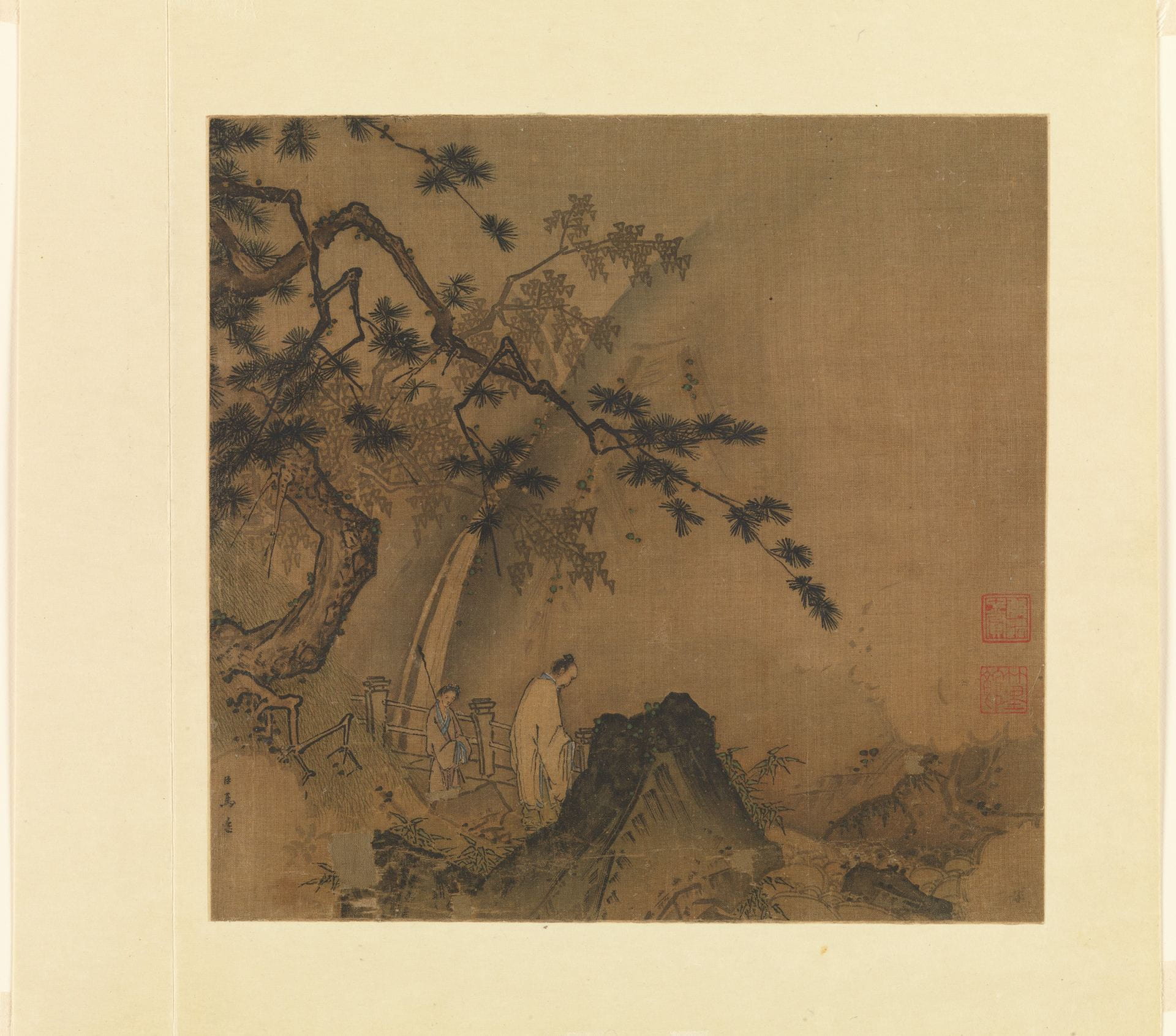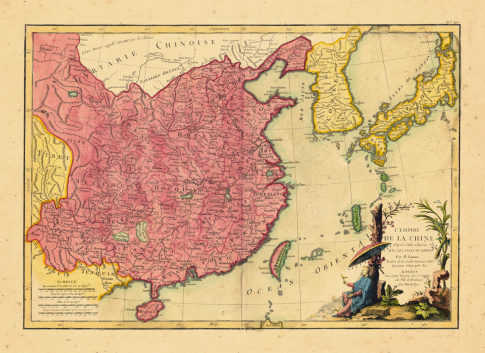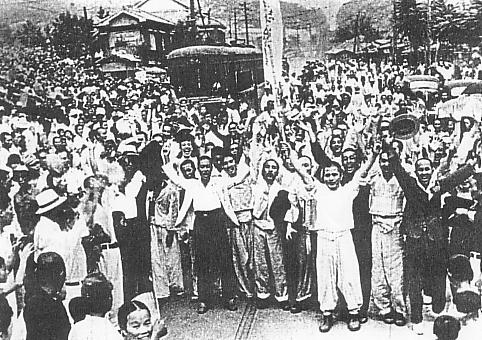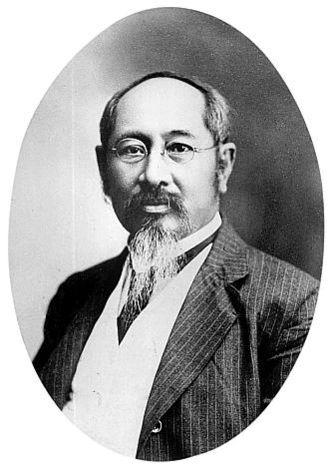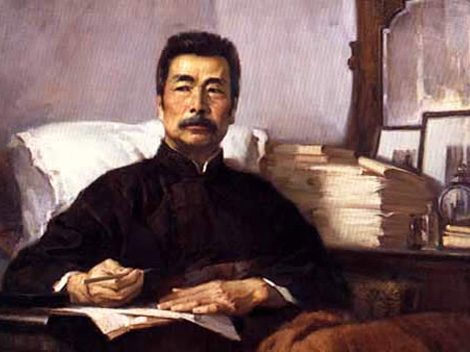Please join us next week as the East Asia: Transregional Histories Workshop welcomes our own
Jessa Dahl
PhD Student, University of Chicago
“After Dejima: Nagasaki’s ‘Heroic Women’ and Networks of International Exchange, 1827-1899”
Thursday, March 9th
4:00PM – 6:00PM
John Hope Franklin Room (SSR 224)
Jessa will be presenting an early draft of her dissertation proposal, which centers on personal and professional networks managed by women in nineteenth century Nagasaki. Jessa describes her project as follows:
As a treaty port community, Nagasaki experienced the dynamism of Japan’s entry into the nineteenth century international system first hand. Unlike the other treaty ports, however, Nagasaki was built upon already extant personal and professional networks of intercultural exchange that were over two hundred years old. It was also the only treaty port in which a small cohort of women participated prominently the most vital networks of exchange including international trade, the exchange of ideas and technology, diplomacy and even prostitution. My research will show that these two developments are not coincidental. I will argue that Nagasaki’s history as an established site of international exchange provided a base for the subsequent dynamic transformation that allowed these women to capitalize on the opportunities that were afforded to them. By showing how these women and their networks adapted to and transformed under the new treaty port system, I hope to explore what conditions made their success possible and illustrate how kaikoku (lit. “opening of the country”) and Japan’s subsequent modernization transformed local sites of international exchange.
As always, first-time attendees are welcome. Light refreshments and snacks will be served.
If you have any questions or require assistance to attend, please contact Jessa Dahl at jdahl@uchicago.edu or Erin Newton at emnewton@uchicago.edu.
